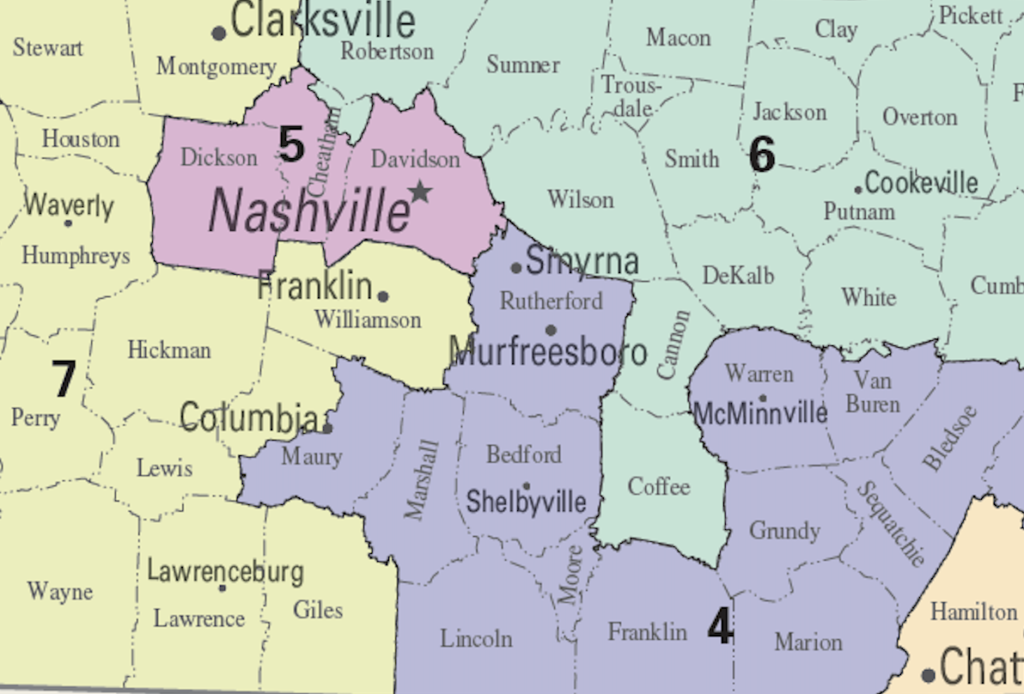
A committee established to decide how congressional and state legislative districts are drawn for the next decade met for the first time this week.
Most of the first meeting dealt with approving rules for how the mapmaking process would go. The public will be able to comment but how many of their ideas will make it to the final plan is uncertain.
One rule that upset some was a requirement that plans be submitted for the state as a whole and not on a smaller scale.
Debbie Gould, president of the League of Women Voters of Tennessee, is one of the critics.
“Individuals may have very significant insights into the needs of their own communities of interest, and can make the case for why their community should be kept together during the redistricting process,” said Gould. “After all, who knows the needs of the community better than the people that live there.”
But House Minority Leader Karen Camper, D-Memphis, says Camper says public input is crucial and she’s already thought about a workaround.
“If one community can say, ‘I know what’s best for my community’, and they submit it into our caucus, and we can incorporate it into a statewide plan I think that’s phenomenal,” Camper said. “And I think we should do it.”
House Speaker Cameron Sexton, R-Crossville, has said the committee is more bipartisan than redistricting committees that have come before it. But Republicans still outnumber Democrats 3-to-1.
Correction: A previous version of this article misstated the number of Republicans compared to Democrats on the state’s redistricting committee. The radio is 3-to-1, not 4-to-1.

